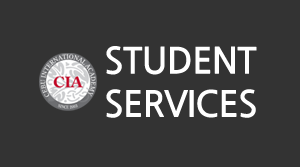STUDENT CARE SERVICES

01. CRO(Customer Relation Office)
We provide 24/7 (24 hours a day, 7 days a week) care service for students. We accommodate your issues/inconveniences and solve them the soonest. In addition, when an emergency occurs, CRO team can contact the appropriate national manager and respond to emergencies like arranging ambulances. In addition, a courier service from the post office is also provided.
- General customer service
- Delivery service for courier service
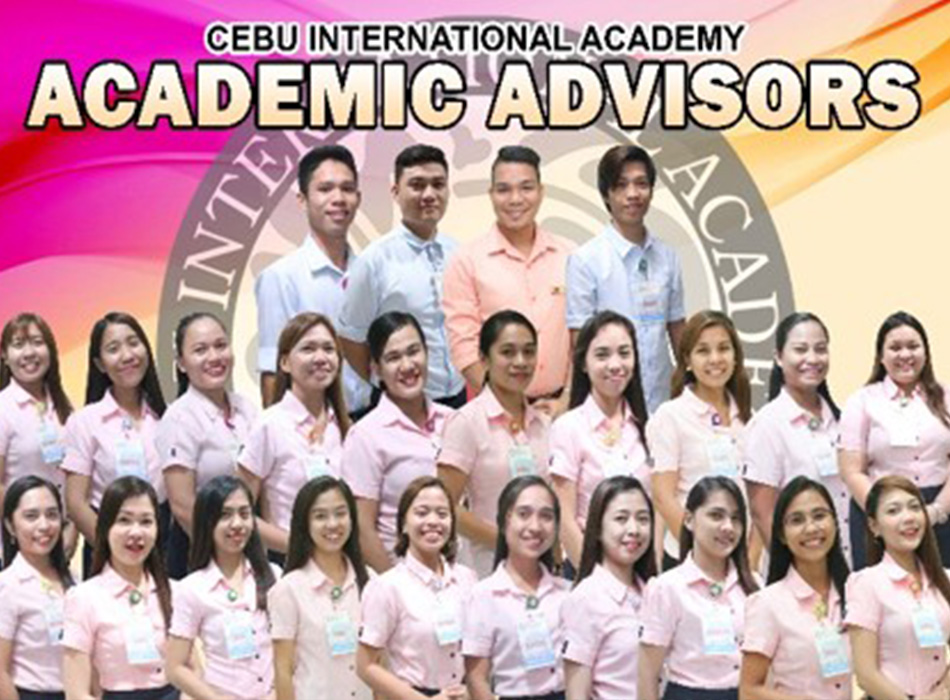
02. AA(Academic Advisor)
A guidance teacher (Academic Advisor) is assigned for every new student to help them in their academic needs. AA will also give a detailed information regarding the school, the places and concerns about Philippine cultures. They are also tasked to provide counseling and class consultation which are strictly confidential.
- Academic advice including classes, schedule, curriculum, etc.
- Counseling
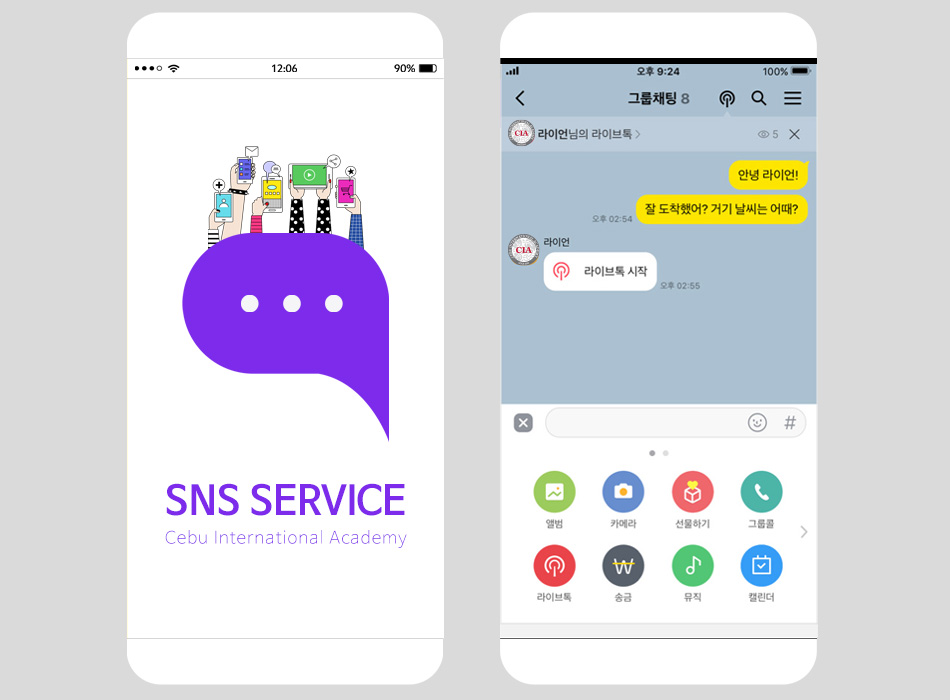
03. SNS SERVICE
We use LINE to provide various information useful for school events, school life, prompt and accurate information about school announcements that students need to know during their time at CIA. In addition, We offer pre-arrival communication services so that students won't worry before the departure. International managers are also connected with their students using other SNS (ZALO-VIETNAMESE, WECHAT-CHINESE, KAKAOTALK-KOREA, LINE-OTHER NATIONALS) providing a convenient way of communicating.
- Providing school information
- Communication with international managers
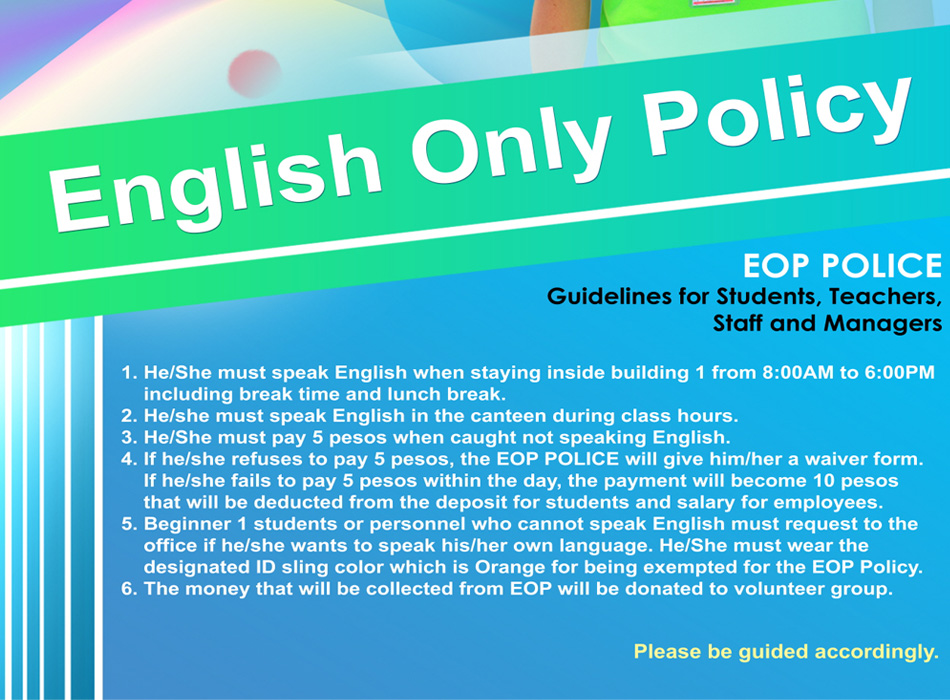
04. EOP(English Only Policy)
It is recommended to use English in the classroom and at designated English zones at all time. A staff called "EOP Police" will patrol anytime inside the campus. If you use a language other than English, you will be fined of which will be used for the a monthly event which is used for charity. Collected amount will be donated for Volunteer Activity.
- Encouraging students to speak English as much as possible
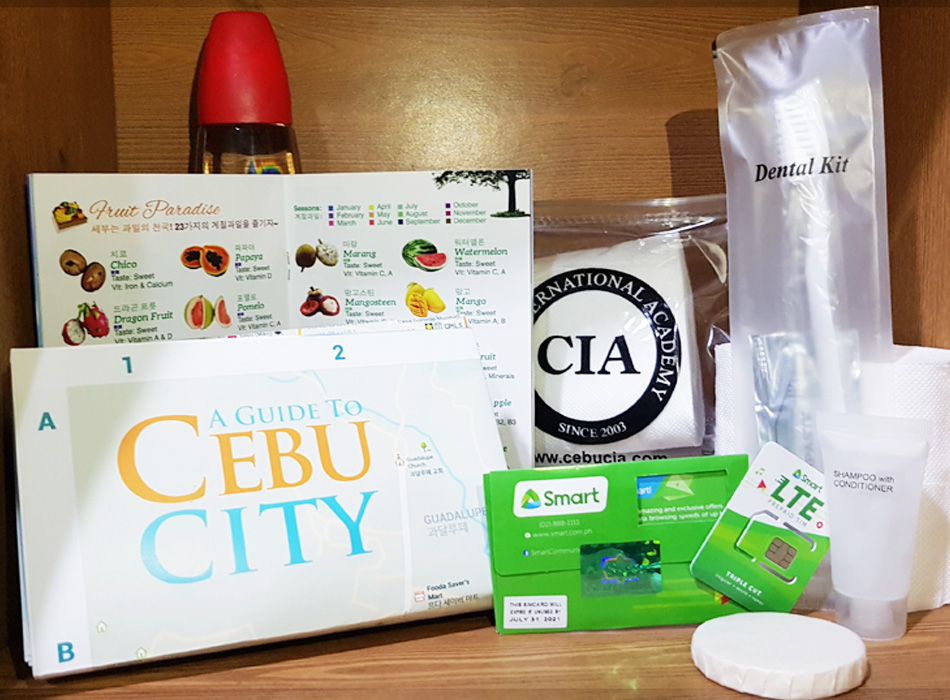
05. Pick up service & Welcome Kit
CIA staff will be at the airport arrival area waiting for new students. A very warm welcome and pick up service is provided for new students to get to the campus safely and CIA staff will be at the airport arrival area waiting for new students. Students and our pick up staff will travel to CIA campus on our school van.
Upon arrival at school, the student will receive brief information about school facilities, safety instructions, temporary ID and a welcome kit.
- From pick up service at the airport to the dormitory assisted by CIA staff
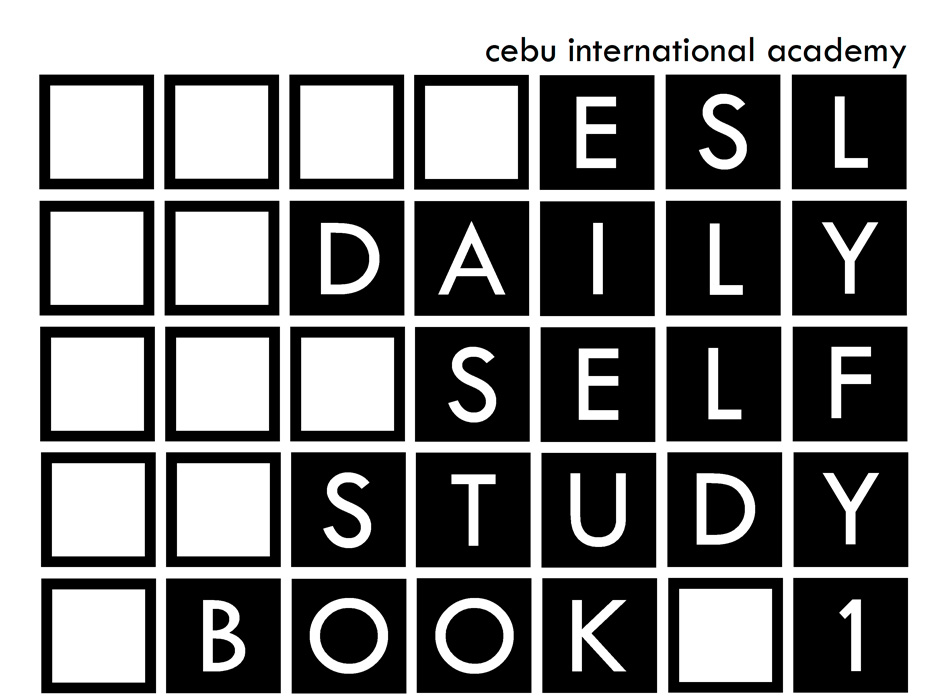
06. Daily Test
New students on the first day will receive a daily test book during the orientation. The Daily Test contains Basic vocabulary and grammar for students to learn. Students are also required to write daily essays during their Self-Study time in which will be checked by 1:1 writing teachers in their writing class. Test is taken from Mondays to Thursdays.
Total score per week: out of 40, ESL – 24 points / TOEIC, IELTS – 26 points, students who get below These minimum required scores, are not allowed to go out on the next weekend.
- Student will score zero in case of late arrival, taking out a cellphone, not indicating ones name on the test paper.
- Students who get zero on the daily test are not allowed to go out on that day. (in case of TOEIC or IELTS students must score more than 7 points, PRE-TOEIC or IELTS students, more than 4 for them to go out on weekdays.
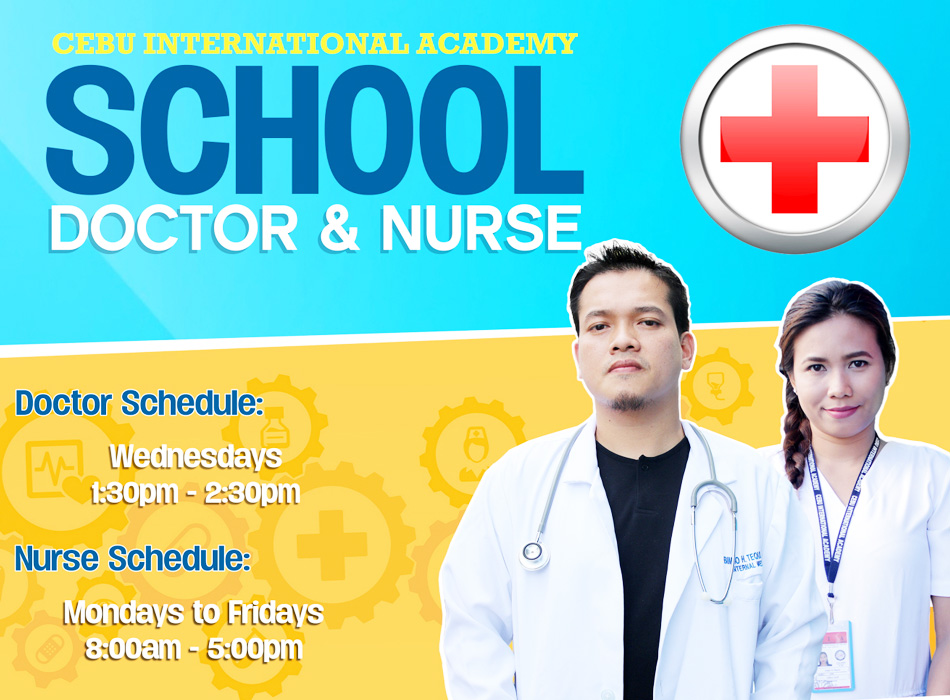
07. Medical Service
We take good care of students’ health by a school nurse, as well as a doctor who visits our school once a week. They give medical advice or prescription, suggests admission when needed and responds promptly to emergencies.
- Students must request for doctor’s check up in the morning by listing down the name on the request form
TOUR INFORMATION
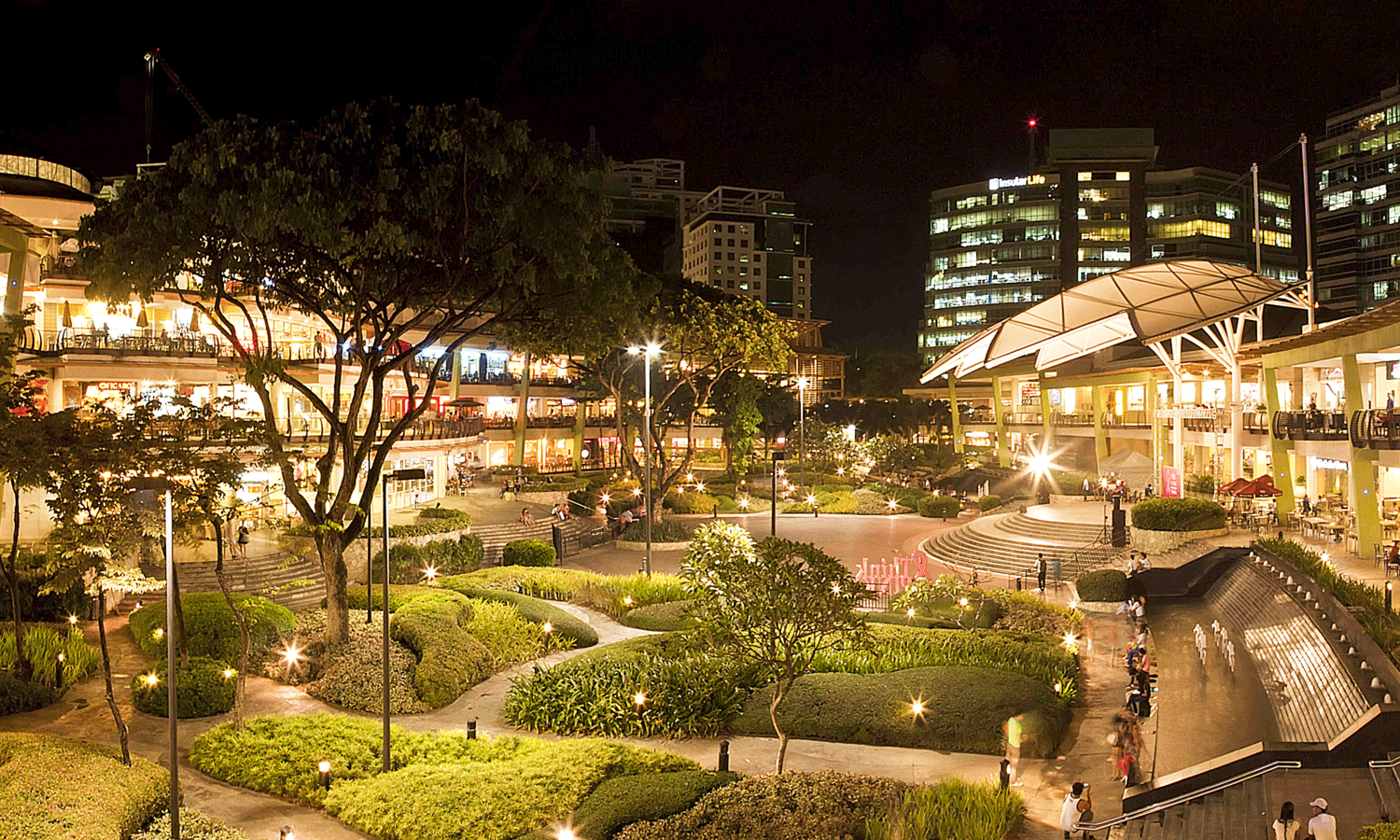
Shopping Mall
A shopping mall is one or more buildings form a complex of indoor shops with interconnecting walkways. There are many shopping Malls in Cebu. We would like to introduce the most famous and recommended shopping malls in Cebu.
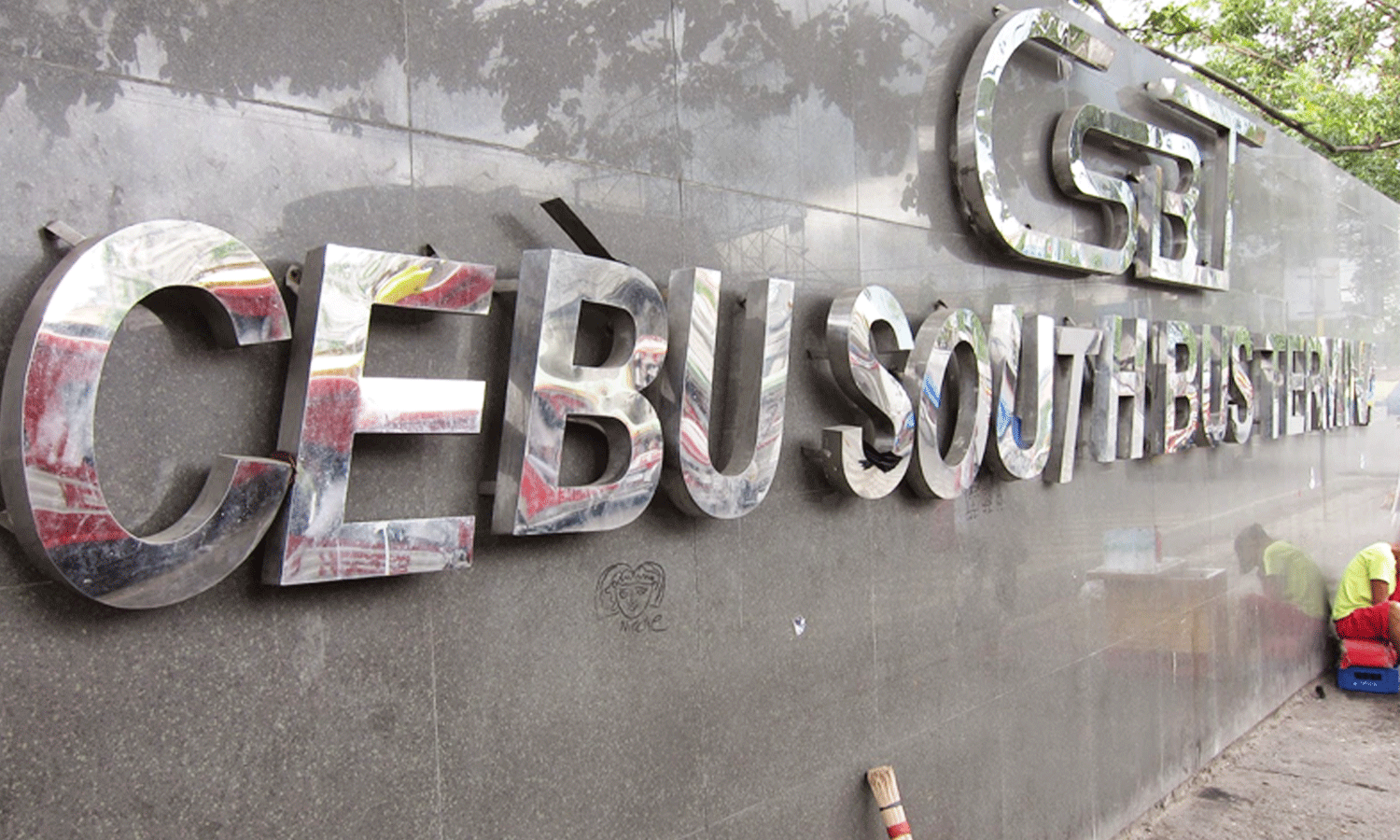
Terminals
There are 2 Bus Terminals in Cebu. The South Bus Terminal for Oslob and Moalboal and the North Bus Terminal for Bantayan and Camotes.
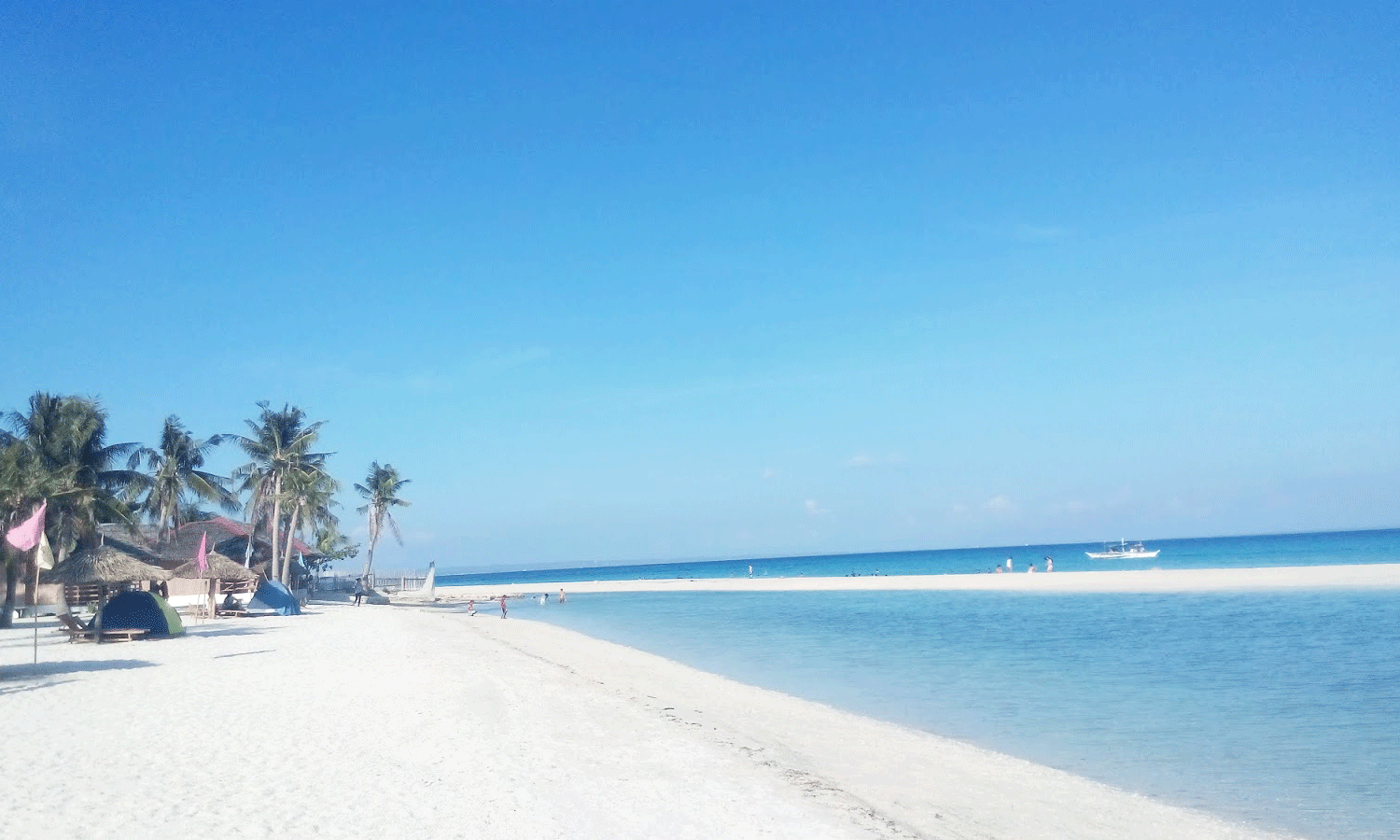
Famous Beaches
There are many tourist attractions in Cebu. Cebu beaches are well-known as one of the most beautiful beaches in the world. Wanna see the top beaches in Cebu?
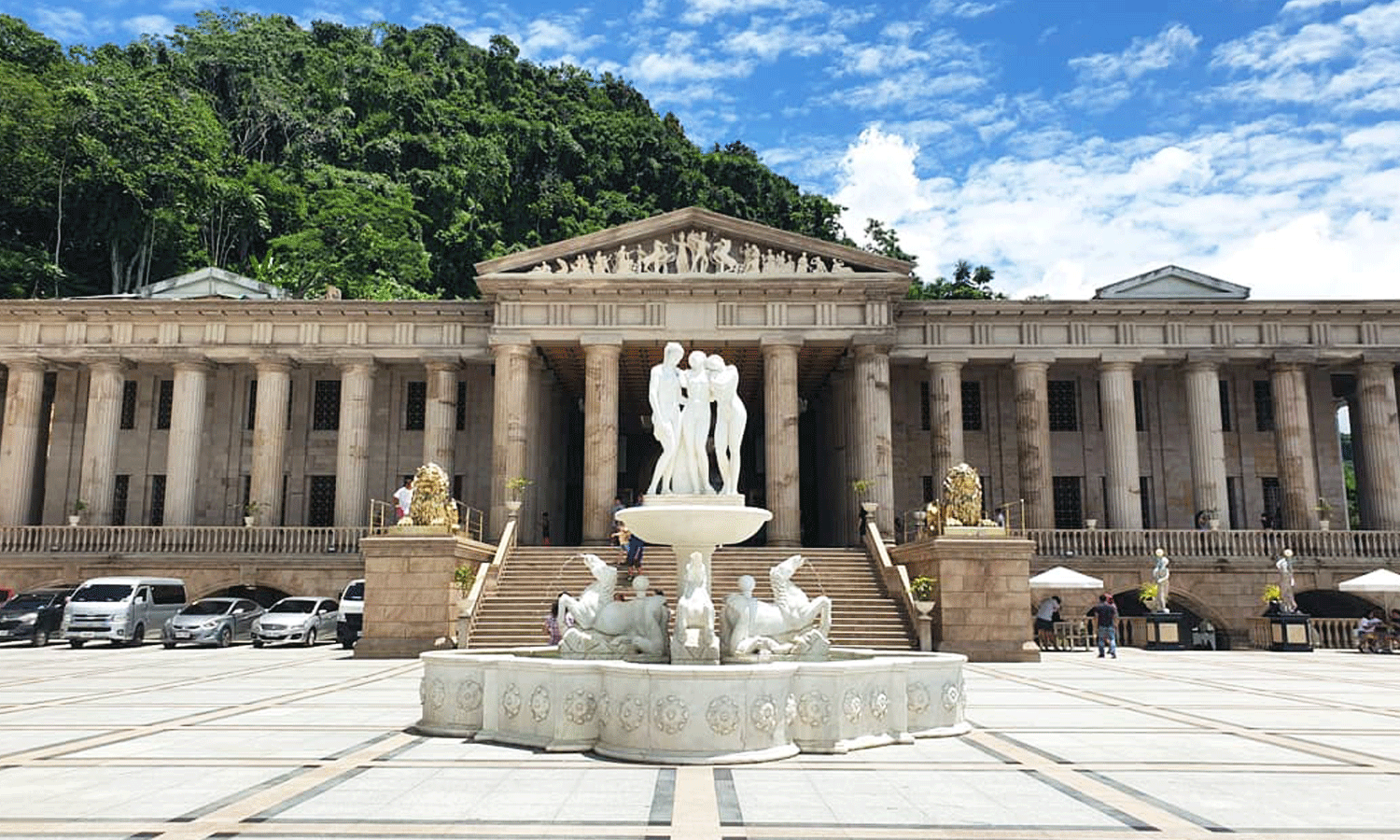
Cebu Tourist Spots and Destinations
Most of the tourists come to Cebu, Mactan Island or visit many historical places. But there are other tourist spots in Cebu. We will let you know where to go.
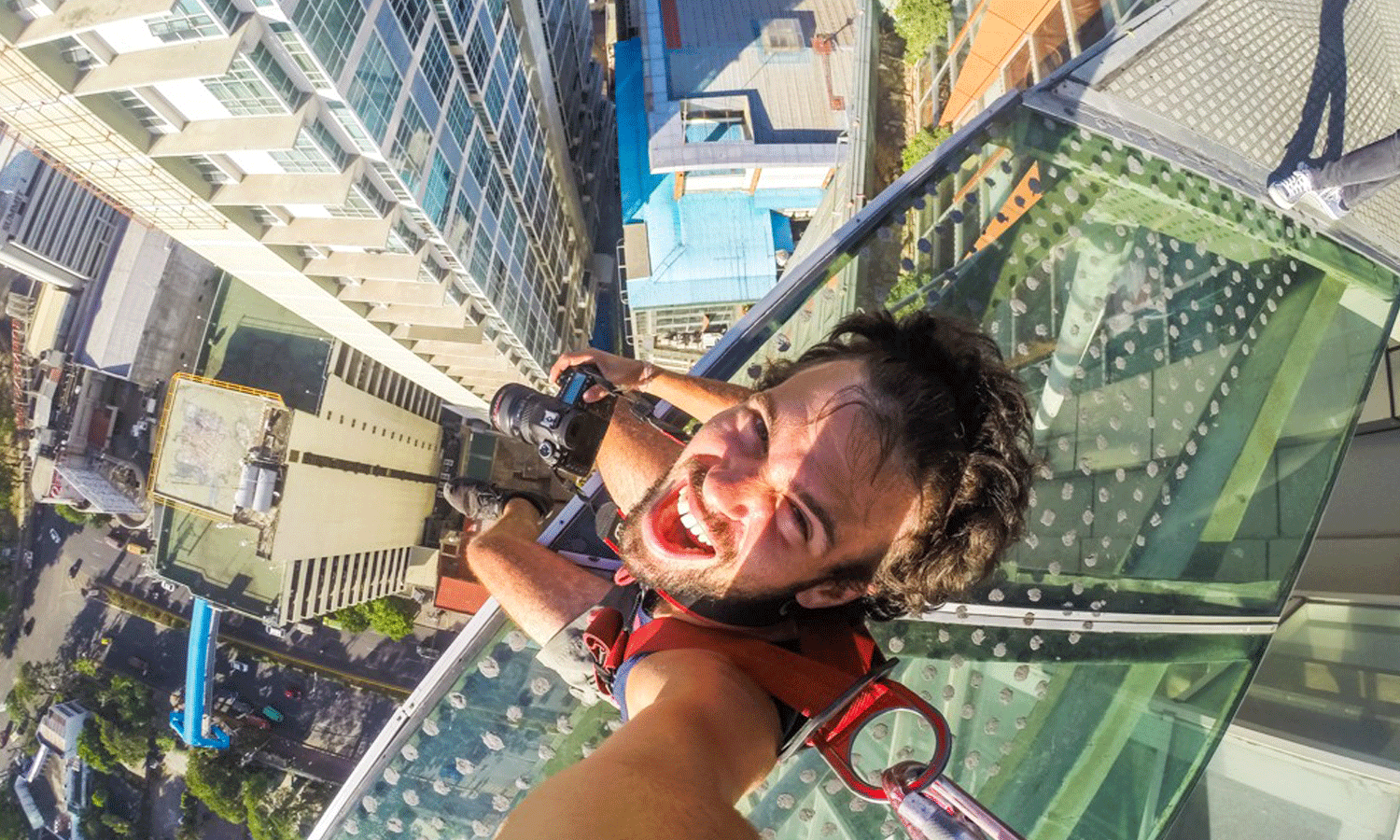
Adventures and Activities
If you are adventurous, you would be very much interested to try different things in Cebu. We introduce a variety of activities you would enjoy in Cebu, from the zip line that runs between buildings to the skydive skydiving.
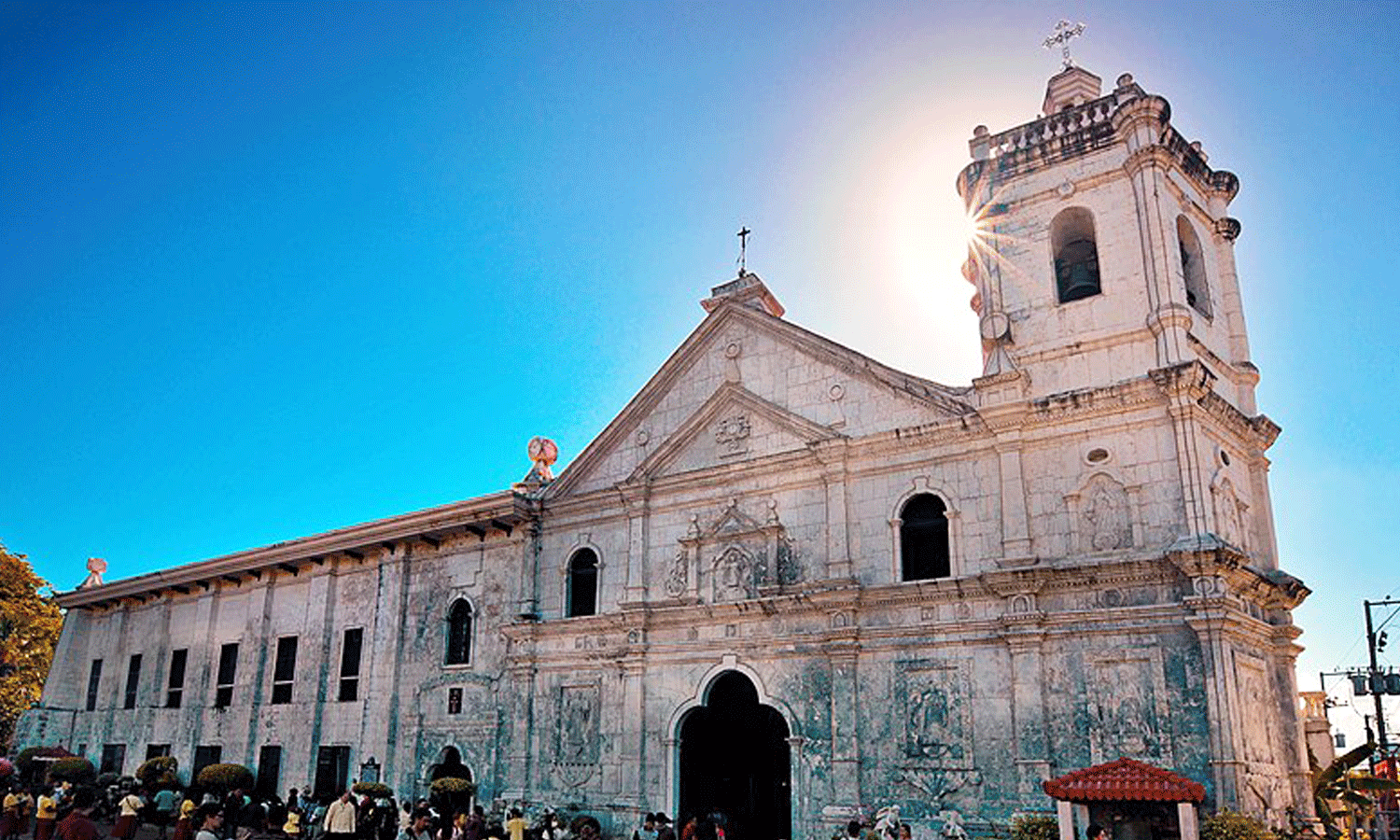
Cebu City Historical Places
Cebu's history began with invasion of foreign powers, and Catholic also preached at that time. Magellan is an indispensable figure in Cebu's history. The Basilica del Santo Niño Cathedral and the Magellan's Cross, both historical tourist sites represent as a prime tourist destinations of Cebu.
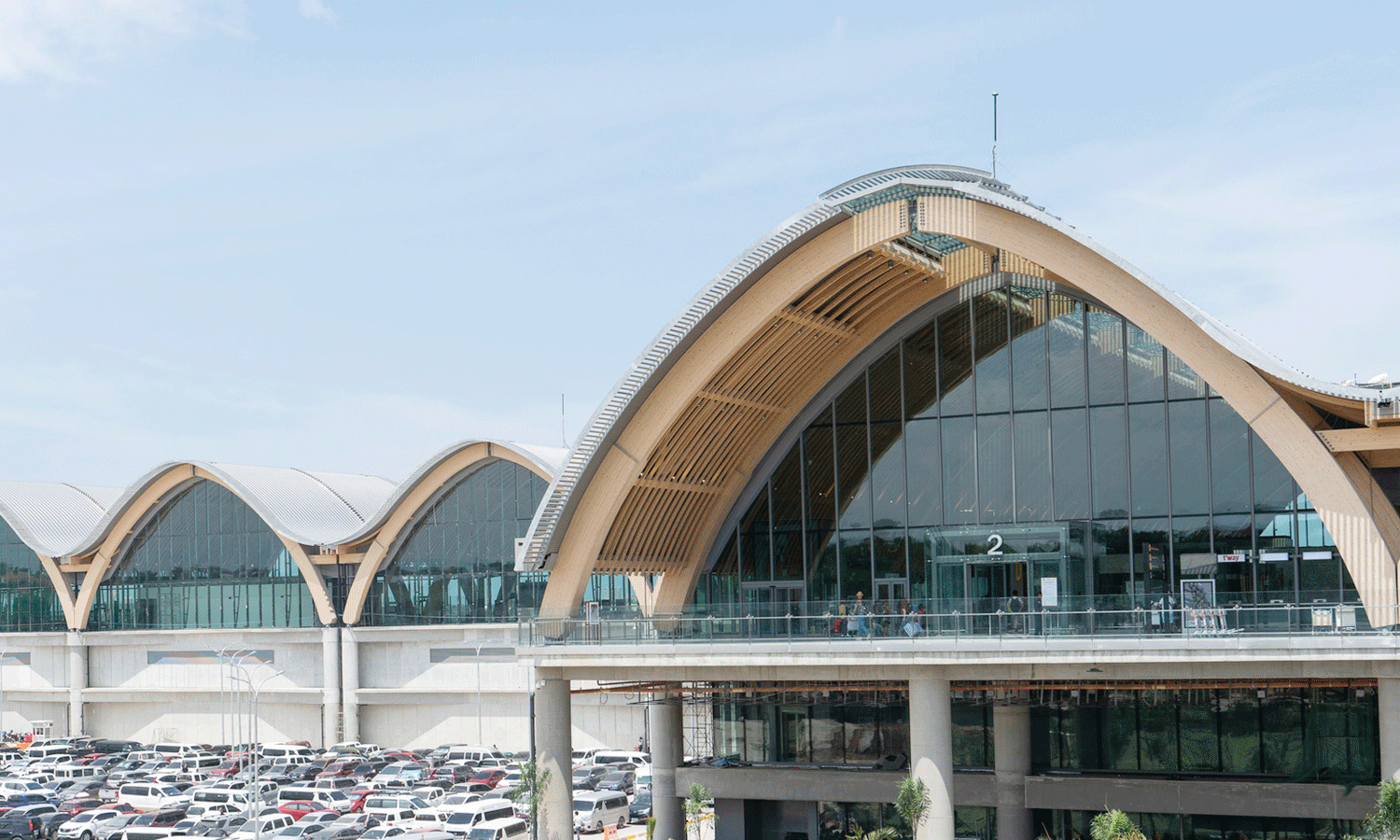
Mactan Cebu International Airport
Mactan Cebu Airport is the largest international airline hub outside of Manila. The airport currently serves around 10 million local and foreign passengers per year, with strong and steady annual growth. Let’s check out what facilities are available!
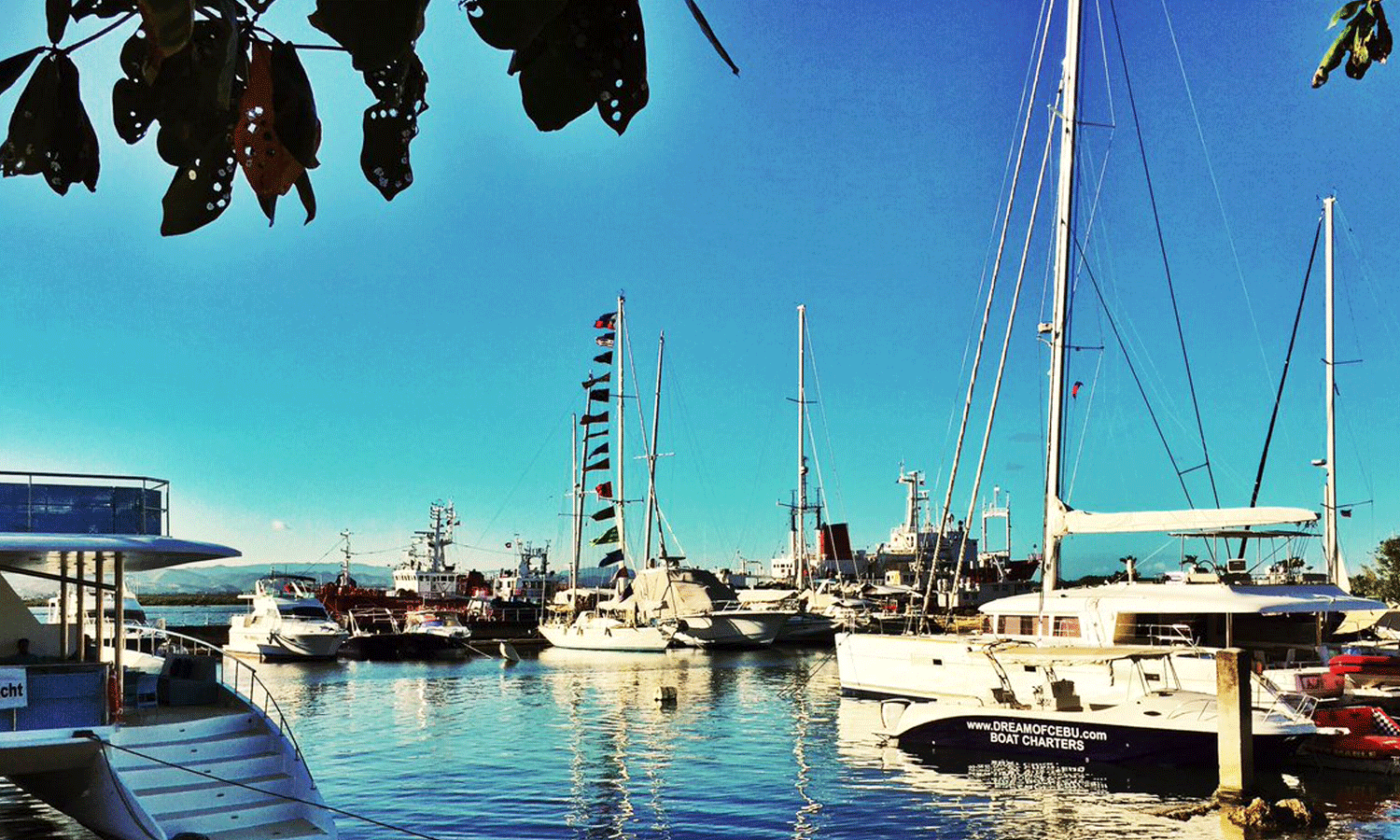
Water Activity
There are various water sports like parasailing, banana boat, jet skiing and snorkeling as well as water parks in Cebu. Let's check it out more!
CEBU RESTAURANTS
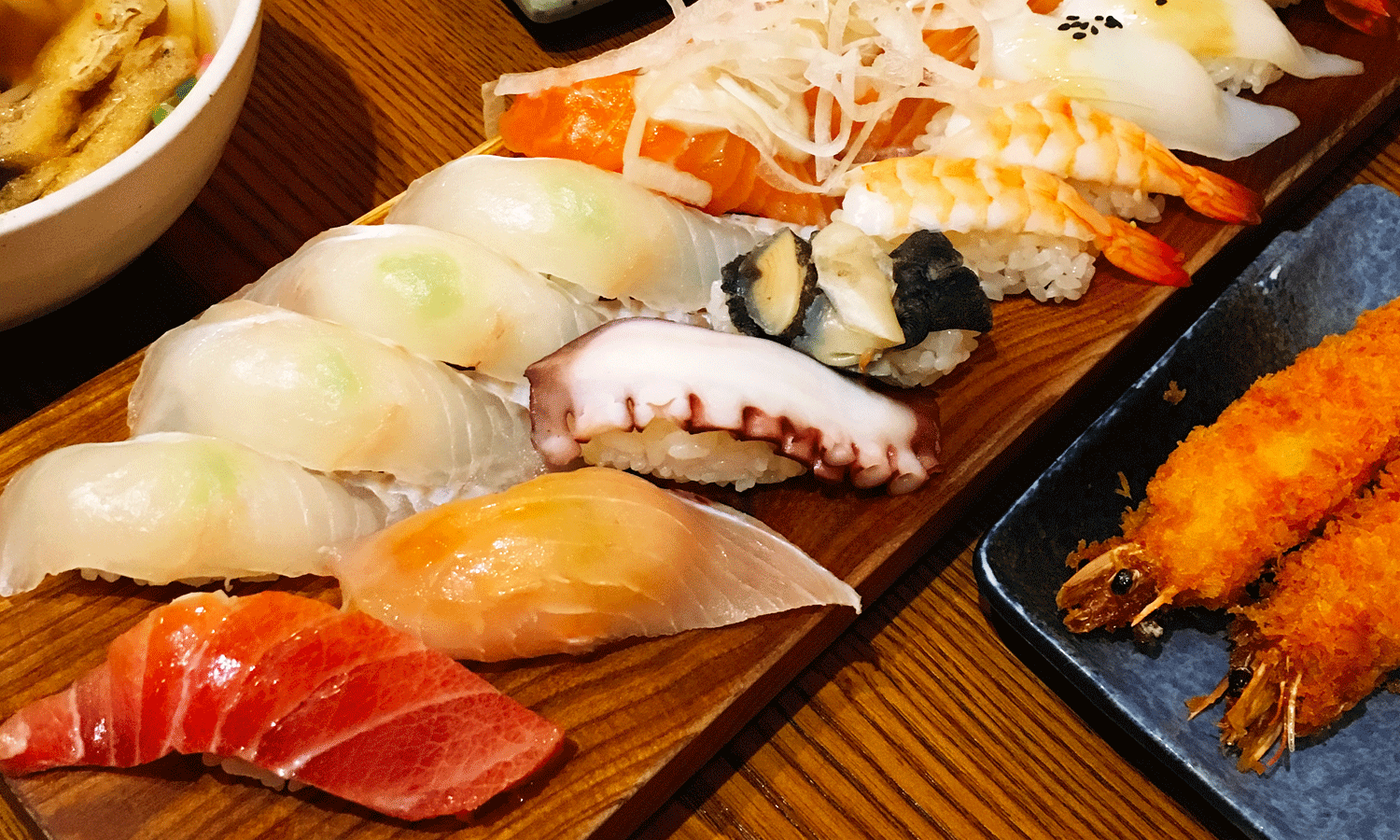
Japanese Restaurants
There’s plenty of Japanese restaurants in Cebu that serve a variety of dishes. Take a look at the most recommended restaurants where we have visited.
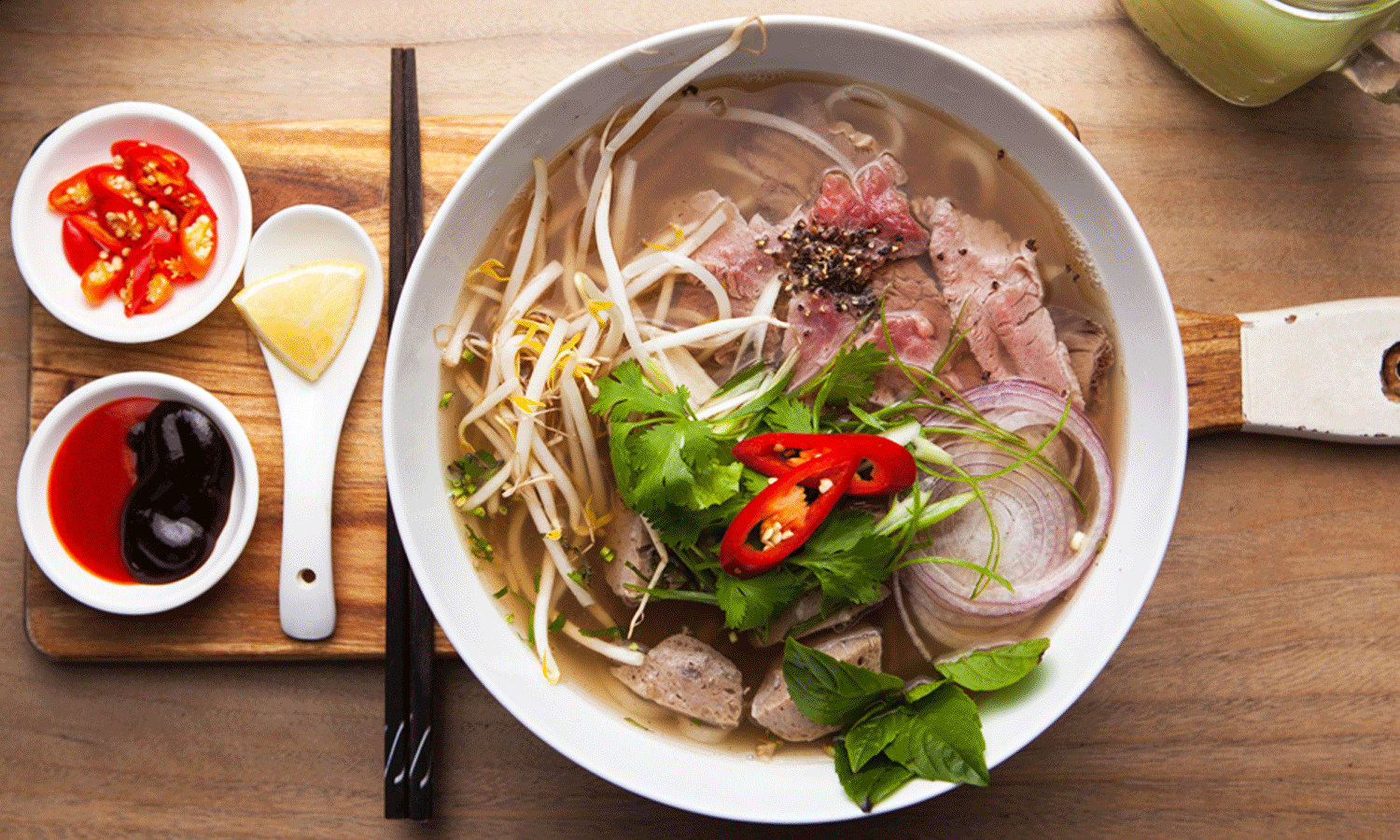
Vietnamese Restaurants
There aren’t many Vietnamese restaurants in Cebu, but here are a few restaurants where you may enjoy Vietnamese flavors the most.
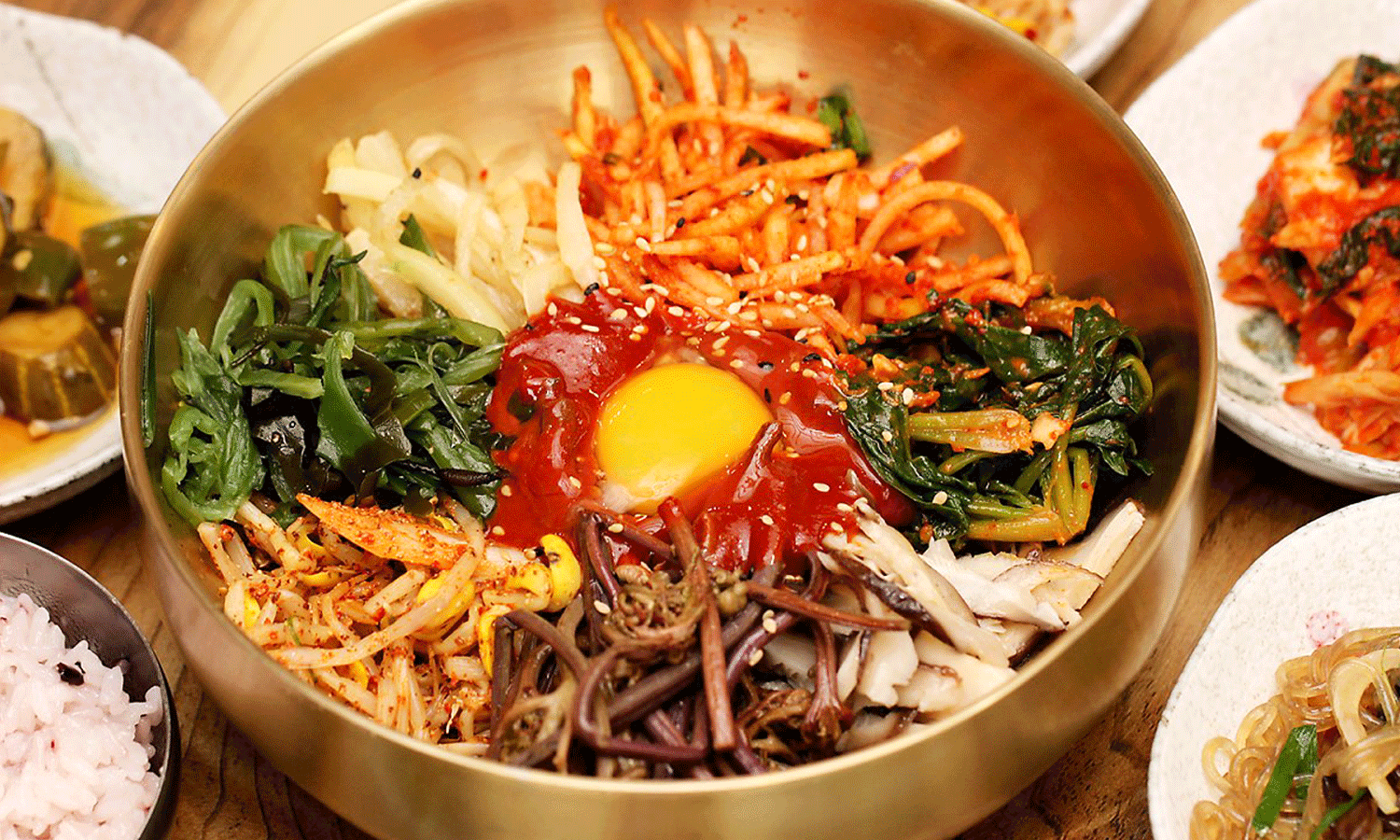
Korean Restaurants
Similar to Japanese restaurants, there are a lot of choices when you want to visit Korean restaurants. We introduce a variety of choices from authentic cuisine to unlimited Korean barbeque.
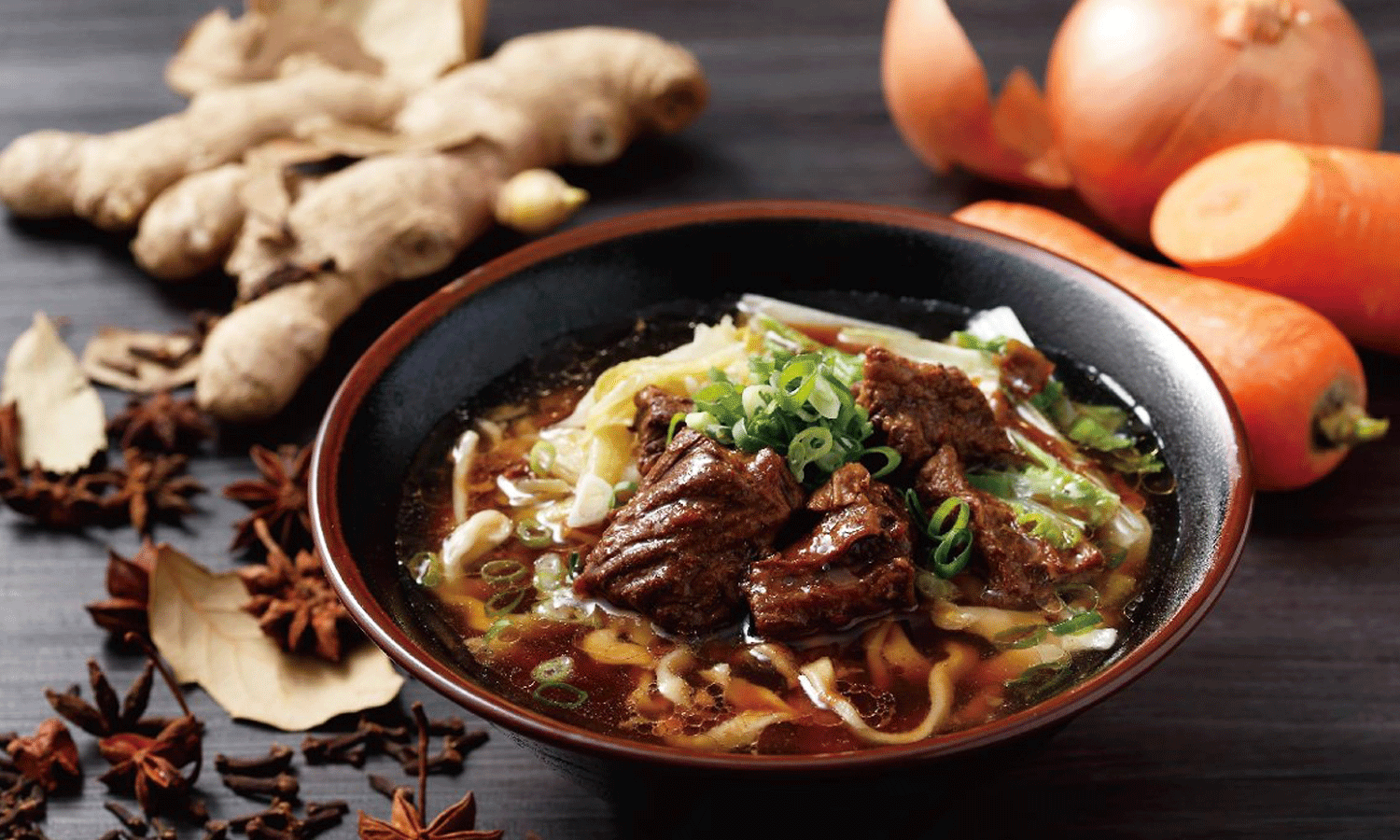
Taiwanese Restaurants
Many Chinese Filipino and Taiwanese Filipinos have lived in Cebu for a long time. So there are many Taiwanese and Chinese Food you can easily find in Cebu. Let us introduce highly recommended Taiwanese restaurants.
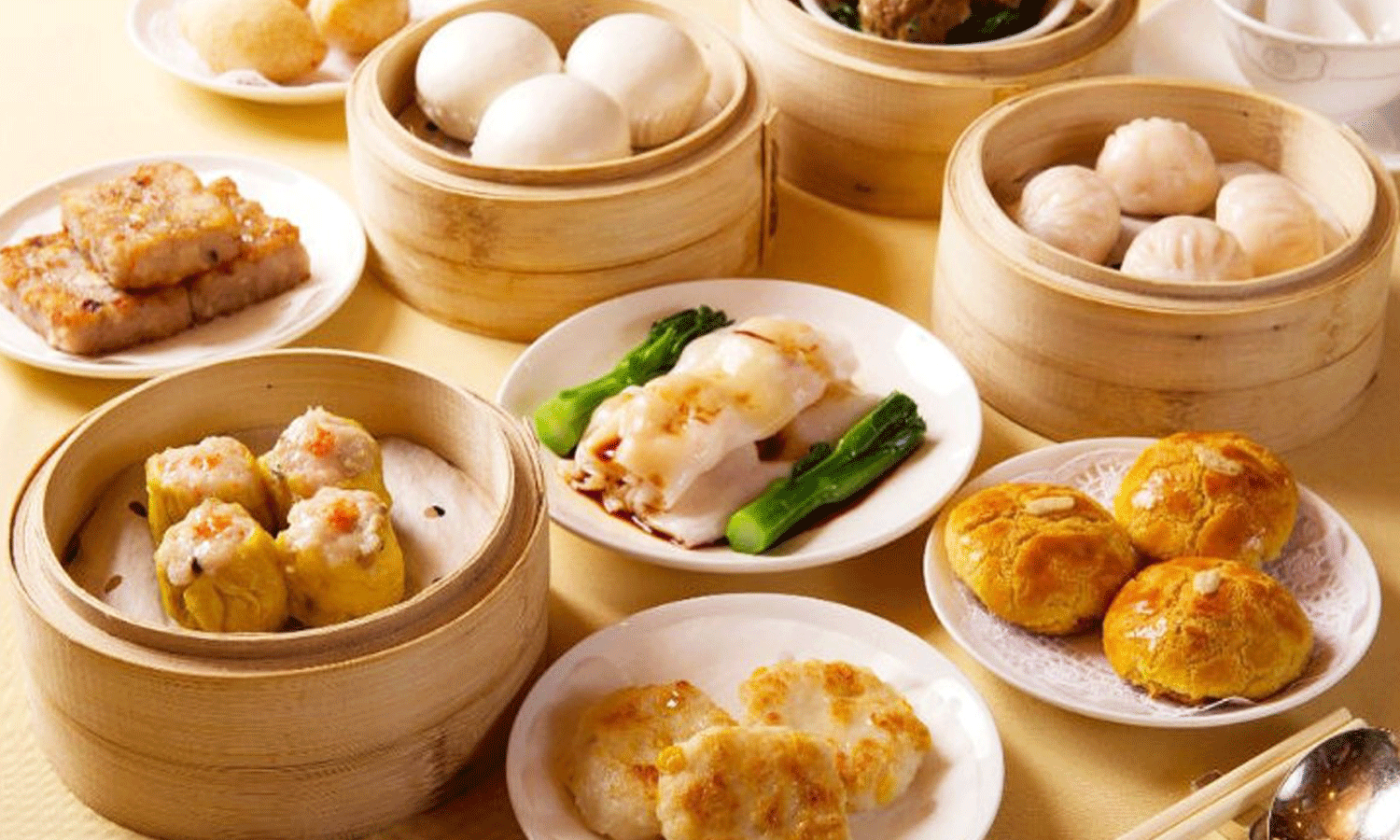
Chinese Restaurants
Chinese people have lived and blended in all countries with local people. Many people enjoy Chinese culture and food. Here are the best Chinese restaurants that you can enjoy in Cebu.
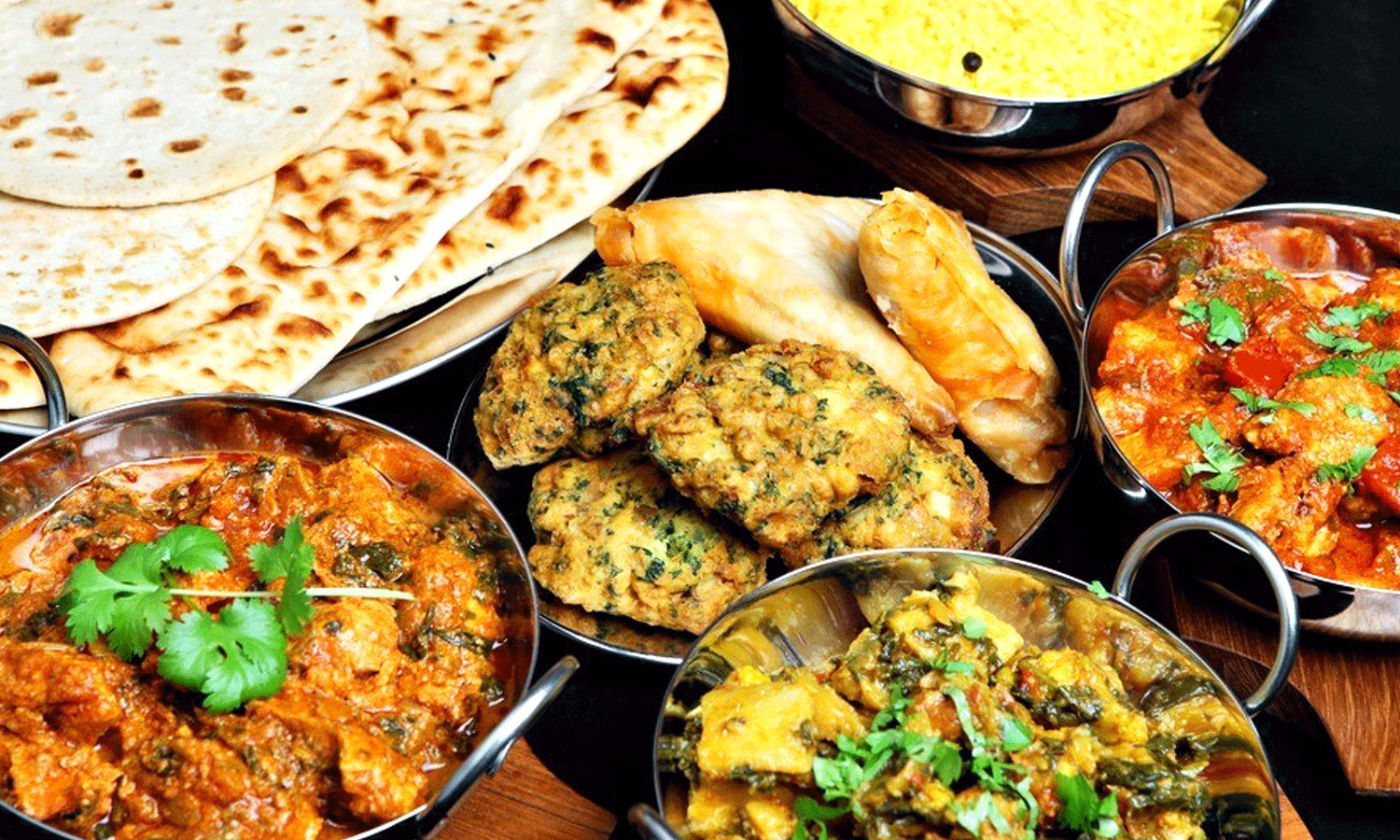
Arabian/Middle Eastern Restaurants
With a direct flight from Cebu to Dubai, a number of Arabian tourists are increasing. There are Arabian restaurants opening more and more in Cebu. Here is our recommendation.
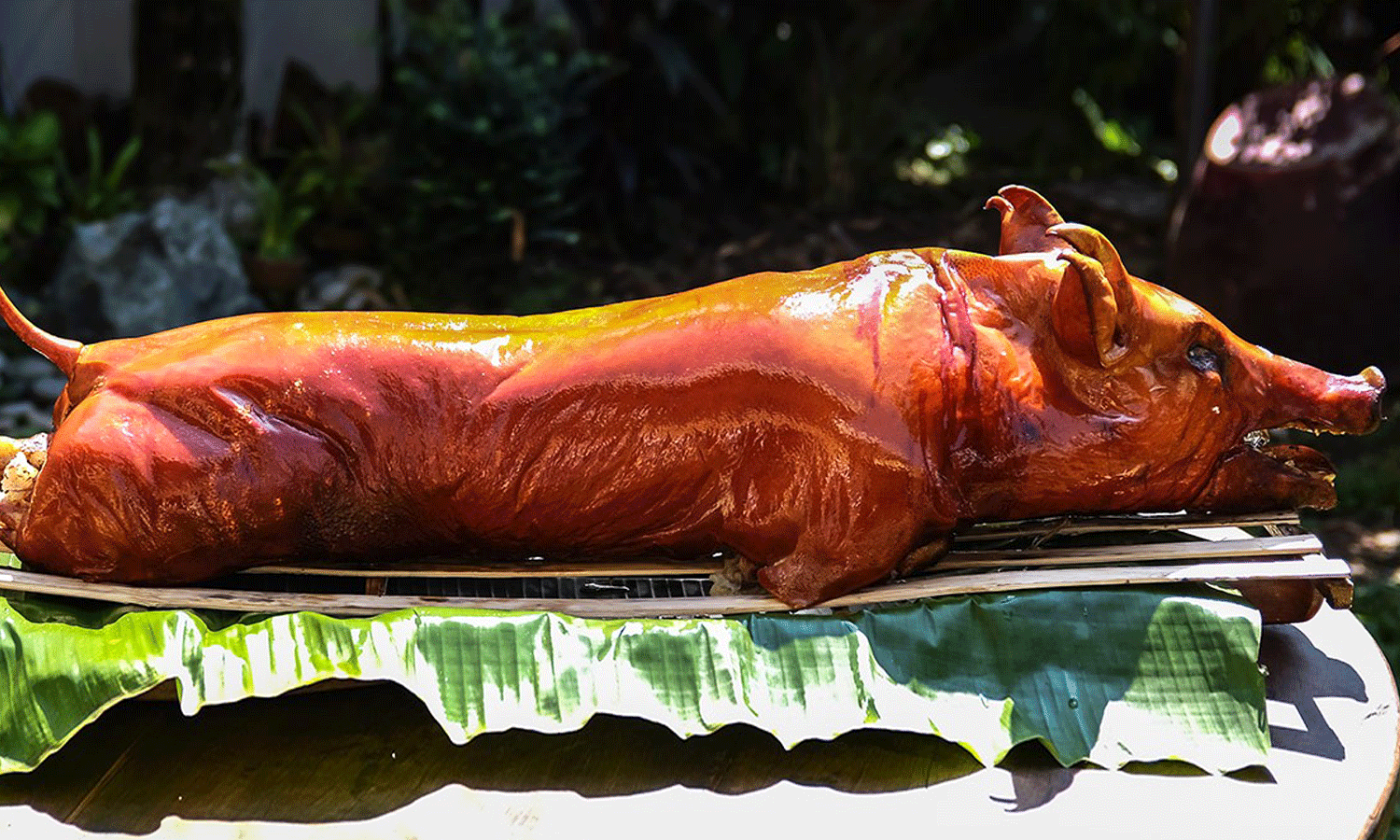
Other Restaurants
A wide range of cuisine can be found in the most popular restaurants in Cebu such as Filipino, Mediterranean, Western, and others. Try traditional cuisine and international flavor.

Coffee & Tea Shops
Need coffee, tea, or milk tea? Cozy ambience for a drink, to chat with friends and relax, also to try some good desert? Then you must check it out.
FAQ
FAQ 목록
-
QQ-1What is the pronunciation of Filipino English?
A Having learned English as a second language, Filipinos in general speak the language with an accent. For the most part, they speak American English. However, not many Filipino teachers can speak like native speakers, and their students are sometimes not able to understand them because of their accent. At CIA, though, teachers speak with almost a neutral accent to slightly accented English. Their way of speaking is clear enough for the students.
-
QQ-2 Is training possible even for a complete novice?
A Despite the low level of English proficiency, complete novices or beginners are trainable. CIA offers man-to-man beginner classes to help them advance through the higher levels until they attain the proficiency level required for one to study abroad.
-
QQ-3 Location of the school
A CIA is presently located in A.S. Fortuna Street, Mandaue City. AS Fortuna is a lively street lined with restaurants, convenience stores, and wellness spas. Also, a nearby shopping mall is within walking distance of the school.
-
QQ-4 What is SSP? What is a visa extension?
A SSP or Special Study Permit is a special enrollment permit issued by the Philippine government to foreign students so that they can legally study in the Philippines. All students who wish to enroll at CIA must secure the said permit.A visa extension is required of foreigners staying in the country for over thirty (30) days or five (5) weeks. For your information, a tourist visa, which is valid for thirty (30) days, is free of charge. Such kind of visa requires a return ticket, and the tourist’s passport should be valid during his or her stay in the country plus six (6) months or more. A student enrolled in CIA with a tourist visa is allowed to stay for four (4) weeks or less. However, for students who wish to extend their stay, the staff will assist them in getting a visa extension. -
QQ-5 How many passport-size photos are needed?
A Only 1 picture is needed for your Student ID, all other pictures will be taken here at CIA and printed from a nearby shop for only 100php.
-
QQ-6 What are the benefits of studying in the Philippines?
A Studying in the Philippines has many benefits. First, a student can learn the English language at a very affordable price, which is considerably lower than the cost of studying in Western countries. Second, man-to-man classes are long enough and are paced to make sure that one achieves proficiency and that the learning objectives are met. Third, a studentcan have many opportunities to use English in communication since the locals use it, too, in everyday situations, such as shopping and eating at restaurants. Finally, a student not only can have a fulfilling student life but also can enjoy other things that the country can offer, such as the famous beaches in Cebu.
-
QQ-7 What is the climate in the Philippines?
A The Philippines has a tropical climate. It is warm throughout the year; the country’s average annual temperature is around 27ºC. The rainy season lasts from June to October, while the dry season is from November to May. Other regions in the country like Cebu, though, may experience very rainy or very sunny weather throughout the year. For this type of climate, it is fine to wear summer clothes and accessories like sunglasses and hats, all of which can be purchased at local shopping malls and markets. When the weather is very hot, people frequent places with air-conditioning like shopping malls.
-
QQ-8 What about security in Cebu? /Is Cebu secured/safe?
A Compared to your home country/ country of origin, Cebu has good security measures. Public safety has improved particularly in cities and towns. There is low crime rate making the place safer to live compared to any other areas in the Philippines. However, the gap between the rich and the poor is high, making robbers, burglaries, as well as casualties common. Tourists should then follow basic precautions, such as staying in instead of going out at midnight or secure their own belongings like bags, phones and money in public places.
Yet, at CIA, there is 24-hour security. Only students, teachers, and other staff members are allowed to enter the school premises. For overall safety, students must observe necessary precautions when going out.
-
QQ-9 Do I need to be insured when I study abroad?/ Do I need to get an insurance when I study abroad?
A In general, medical services for foreigners in the Philippines are expensive, so you should get insurance for possible emergencies. You may catch a cold because of sudden change in weather or have a stomachache from eating exotic food or drinking water or contract a disease peculiar to Southeast Asia (e.g., dengue). Also, it is possible that you can meet a road accident. Although there has been a few of these cases, it’s highly recommended that students get health insurance.
-
QQ-10 What is the average expense in a month?
A On average one’s expenses total around $150 per month. The expenses exclude school-related fees like SSP (special study permit), dormitory deposit, visa extension fee, and electricity bill, all of which are to be paid after the orientation on the first day. some students who do not often eat out to dine out or go sightseeing only spend about $50 a month for daily necessities. However, those who enjoy recreational activities like scuba diving, golfing, and traveling should prepare a little more than $500. Also, one should set aside pocket money for the entire stay. On the first day at CIA, students is accompanied by a staff member and will proceed to money changer at nearby mall to have their money changed into Philippine peso.
-
QQ-11 Packing before departure, do you have tips on how to pack up easily? /What are the tips on packing up before departure?
A Please pay attention to your baggage allowance. Pack only the bare essentials. Do not bring liquids, such as shampoo, rinse, and lotion, anymore. Upon your arrival in the country, you can go to a shopping mall near CIA for your needs. Also, pack clothes enough for at least a week, including casual and travel clothes. Bring light, inexpensive ones that can be regularly washed. (For your information, CIA offers laundry services to its students.)
-
QQ-12 Can I study with the personal materials, not the school materials?
A No. CIA has its specific curriculum that students and teachers follow in each course. However, you may still bring your personal materials for self-study.
-
QQ-13 What are the most common characteristics of the Filipinos?
A Filipinos are generally optimistic and cheerful. They are mostly Catholic, so they uphold Christian values and beliefs. Also, they are very good at communicating with foreigners, making them suitable English teachers.
-
QQ-14 What is the secret to the success of the Philippine language training?
A Approach, competence, and support are vital to the success of Philippine language training. CIA currently takes a student-centered approach to teaching English. With the students in mind, the school uses up-to-date and suitable materials for language instruction and continues to develop and improve its courses and assessments. Also, CIA employs competent teachers, who are skilled at both using and teaching the language. Using appropriate strategies and techniques, they provide meaningful learning experiences to their students according to their level and needs. Lastly, CIA provides excellent student support where staff works hard to make students’ stay pleasant and enjoyable while studying.
-
QQ-15 I can hardly speak English, but is it okay?
A Of course. A student-centered approach to teaching English, which is used by CIA, would be very beneficial to a student of any level even if he or she can hardly speak English. At CIA a new student will take a test to determine his or her level of English proficiency then attend classes that cater to that level. Classes are designed for students of different levels, from beginner to master’s level, and they are from Mondays through Fridays.
-
QQ-16 Can I change my class or teacher?
A Students’ first week at CIA is intended for students to be able to adjust to their general life and studies, so they are not allowed to change classes yet. However, students can take any other class (e.g. Native or CNN, or a different group or activity class) or course they desire (e.g., TOEIC, IELTS, Business, Working Holiday based on the start dates which are once a moth).
It should be known that any course change; there is additional fee which will differ per course. Also, you need to take a test to determine the level before taking the course. Once you have decided to switch to another course, you must follow the course change procedure and pick a priority number for class changes.
-
QQ-17 Is internet (wifi connection) available/accessible?
A Yes. There are Wi-Fi hotspots in CIA, and students can access those networks for free. The Internet connection, though, may vary in speed according to the number of real time users.
-
QQ-18 What about the shower and restroom in the dorm?
A CIA provides hot/cold water and standard restroom amenities in both of our on-campus and off-campus residences.
-
QQ-19 What is the room like?
AThe CIA dormitory has single, double, and triple rooms. Each room is air-conditioned. It has a refrigerator, a hot/cold shower, a toilet, and a washbasin. All rooms are furnished with beds, study desks, and lockers. A water dispenser is in the corridor. Also, the rooms have Wi-Fi, though access during breaks and after classes might be limited or poor because many users are trying to gain access.Besides the CIA dormitory, one can choose any of the following:The Orchard Cebu Hotel and SuitesAddress: A.S Fortuna Street, Bakilid, Mandaue City, CebuRoom details:The rooms in this hotel are air-conditioned, and they have Wi-Fi. Each room has a bed, a closet, a desk, a safe, a TV, a refrigerator, hot shower, toilet, and a washbasin.Cityscape HotelAddress: F. Cabahug St., Subangdaku, Mandaue CityRoom details:Rooms are air-conditioned, and they have Wi-Fi. Each one has a bed, a closet, a desk, a TV, a refrigerator, a hot shower, a toilet, and a washbasin. Guests of the hotel can use the swimming pool.Midori ResidencesAddress: A. S. Fortuna St, Mandaue CityCondominium unit details:The unit is air-conditioned and has Wi-Fi. It has the following: bed, closet, desk, dining table, refrigerator, hot shower, toilet, washbasin, hair dryer, microwave oven, cooking heater, and kitchen utensils. Also, the condominium has an outdoor pool and fitness gym. -
QQ-20 Is the enrollment date fixed for the Q-20?
AYes. Enrollment usually takes place on a Monday. If a holiday falls on that day, the enrollment is on the next day (Tuesday). Also, depending on the course, enrollment takes place once a month. If you would like to take the TOIEC or the IELTS course, you should check the opening day of the course.On their first day at CIA, students take the level test and attend an orientation.Graduation of students is on a Friday. After graduation students check out of the dormitory usually the next day (Saturday sometimes Sunday). If there would be a problem about getting plane tickets, the students might leave on the day of graduation. In case a student requests that his or her stay be extended, he or she should contact the administration. -
QQ-21 How can I clean the room?
A CIA dormitory rooms are cleaned once a week (twice if there is available housekeeping). During the cleaning day, bed linens are replaced, floor is swept and mopped, and the restrooms are cleaned. To those who are staying in a hotel, the hotel has its own cleaning services. For those who are staying in Midori Premium Residences, we provide cleaning two times a week.
-
QQ-22 How do I do the laundry?
A CIA offers a free laundry service. Students may avail of the service twice a week and pick up 2-3 days after deposit. The service is for regular wear clothes and not for special attire and overly sensitive fabric. We use regular detergent which may cause shrinking or discoloration to clothes that need special care. Therefore, it’s a good idea to leave those types of clothing to an expert. Because we care for your clothes like our own, compensation is provided in case of damage up to Php200 or loss of up to P500.
-
QQ-23 What kind of meals are served? Philippine cuisine?
A CIA serves breakfast, lunch, and dinner meals daily to its students. It serves meals of Western food (e.g., bread, egg, soup, salad), Korean food (e.g., porridge, vegetable dishes, fruits), Japanese food (e.g., beef bowl, squid fry, soup), and Taiwanese food (e.g., white rice, simmered pork, croquette, soup), and recently more on International cuisine by our Chef with almost 30 years of culinary experience to accommodate all the different nationalities here at CIA.
-
QQ-24 What can Students do on the weekday and weekend?
A CIA uses a Semi-Sparta system. In this system students attend classes on Mondays through Thursdays, 8:00–18:00, and on Fridays, 8:00–17:10. They take the daily test before the first period of the day. Saturdays and Sundays are free. On their free days they can go diving or island hopping, or they can enjoy buffets at restaurants and hotels.All students have to strictly observe the curfew hours: Sunday to Thursday: 10:00 PM (On days without classes the following day, the curfew is 12 o'clock; on days with classes the following day, curfew is 10 am.) • Friday and Saturday: 12:00 AM -
QQ-25 How do you respond to medical emergencies?
A Nurses at CIA are always on duty on weekdays, 8:00–18:00. A qualified doctor comes to CIA on Wednesdays to hold a consultation with the students. He can speak a little Japanese. If there is any unclear information during the consultation, staff members are standing by to help clarify it.In case the patient shows serious symptoms, a staff member will take him or her to a nearby hospital to receive emergency care.Also, it is advisable that one studying abroad should obtain an international travel insurance for emergencies. -
QQ-26 Is the Japanese staff permanent?
A Yes we have many International Staff to cater to our Students. We have a manager for each nationality here at CIA to make sure that if anything happens that the Student is able to speak in his/her native language to the manager. So there is no need to worry as we have a great system to make sure your stay here at CIA and Cebu is safe and comfortable as possible.
-
QQ-27 How much cash will I bring? Is currency exchange available?
A The amount of cash that you should bring depends on how long you are going to stay at CIA. Your money should cover school-related fees like SSP (special study permit), dormitory deposit, visa extension fee, and electricity bill, all of which are to be paid after the orientation on your first day at CIA. Those who do not eat out or go sightseeing spend about $150 a month for daily necessities only. However, those who enjoy recreational activities like scuba diving, golfing, and traveling should prepare a little more than $500 on top of $200 for extra expenses depending on what you would like to do. So, you should set aside pocket money for your entire stay. On your first day at CIA, a staff member will accompany you to a money exchanger at a nearby mall to change your money to Philippine peso.
-
QQ-28 How about the security at the School?
A CIA is located in Mandaue City, a safe city within a ten-minute drive from Cebu City, the capital of Cebu province. Also, the school is surrounded by a high wall. The security guards are on duty 24/7, and they are stationed at the gate and do roving regularly. Upon entry every student, teacher, and staff member is required to present his or her ID card and to log in through fingerprint authentication. With security in place, outsiders cannot easily enter the school.
-
QQ-29 is there a convenience store nearby?
A Yes. The nearest one is located within 5-minute walking distance of CIA. Also, there is a 7-Eleven store near J Centre Mall, a nearby shopping mall (only 450 meters away from the school), and many restaurants.
-
QQ-30 What is the level of English proficiency and pronunciation of the Filipinos?
A In the Philippines, English is used as one of its official languages. The government, schools, and different establishments generally use English as their medium of communication. In schools the language is mainly used as the medium of instruction. With such exposure to the language, Filipinos in general get more than average scores in TOEIC, IBT in the Asian region.Different kinds of English, such as the British English, the American English, the Canadian English, and the Australian English, are used in different parts of the world. It is difficult then to identify which pronunciation is the best one to learn. Nonetheless, teachers at CIA continue to improve their English skills through tests and trainings. Also, there are native speakers who teach English courses at CIA. Students can join those courses to learn pronunciation and practical expressions. -
QQ-31 What is the average price for services/goods in the Philippines?
A Philippine goods and services vary in price. For instance, taxi fare starts at 40 pesos, equivalent to about $.79, which is cheaper than a taxi fare in the USA, Japan, and Korea. Depending on the spa, massages cost around 250 to 300 pesos per hour, which is about $5. Soft drinks and beers are cheap, but coffee costs about the same as anywhere else (meaning like Starbucks, Bo’s Coffee, and Coffee Factory).
-
QQ-32 What are your passport/visa requirements when you study abroad?
A Your passport must be valid during your stay plus six months (or more). Also, you need a Special Study Permit (SSP), a special enrollment permit issued by the Philippine government to foreign students; a visa extension if you are staying in the country for over thirty (30) days; and an alien registration card called ACR I-Card if you are staying for more than sixty (60) days. For students enrolled at CIA, the staff will assist you in obtaining the requirements.
-
QQ-33 What is SSP?
A SSP or Special Study Permit is a special enrollment permit issued by the Philippine government to foreign students so that they can legally study in the Philippines. For students enrolled at CIA, rest assure that the school will act on behalf of them to obtain the permit.
-
QQ-34 Are many International shops available?
A Many International favorites like McDonald’s, Kentucky Fried Chicken, Starbucks, Krispy Kreme, Dunkin Donuts, 7-Eleven, MUJI, and Daiso can be found in most malls. At SM Mall one can purchase some International products like miso soup and sprinkle, sweets, and seasonings, though they are a slightly expensive.
-
QQ-35 What is the coverage of overseas insurance?
A The doctor who comes to CIA will check a student’s insurance during the consultation.His or her credit card supplementary foreign insurance applies. Also, his or her insurance should cover any examination or treatment at a hospital. However, one should verify the coverage of his or her insurance before going abroad by calling the insurance company. For instance, dental checkup in the Philippines are often expensive; it costs a patient around $20. So, one is advised to go to his or her dentist for a checkup or a treatment before leaving abroad.
-
QQ-36 What is the most difficult thing to obtain in the Philippines?
A Electronic dictionaries, International reference books, foreign made medicines (non USA), and other International products are difficult to find in the Philippines. So, students going abroad are advised to bring their personal things with them if necessary. Other necessities are available in the country.
-
QQ-37 How should I prepare before leaving?
A "Required items
Passport - Please note the expiration date. Staying period + 6 months is required.
Tickets - When entering the Philippines, you need a return ticket or a ticket to leave the Philippines.
Wallet - Prepare for the following: Round trip transportation expenses from home to the airport + local school expenses + allowance
Overseas travel insurance policy - How to Use: contacts are listed. (Subscription is optional)
Clothing - It is recommended to take suitable amount of clothes including every day wear and going out outfits.
Please bring footwear ideal to tropical weather.
We offer laundry service twice a week. Cleaned laundry will be available for pickup 3 days after.
Towel - Please take enough bath and face towels.
Toiletries - Shampoo, conditioner, hair treatments, body soap, toothbrush, toothpaste, toilet paper at least 1 roll
Cosmetics - In addition to basic cosmetics, we also recommend bringing of sunscreen due to the hot weather in the Philippines.
Although glasses and contact lens supplies can be purchased locally, it’s best to have them handy.
a copy of passport - Always store passport in a safe place.
Medicine - In case of colds or diarrhea, we recommend taking medicines you have previously taken in your country.
Dictionary/Translator - Only English texts are available at school. There are no Japanese reference books.
Writing Materials - Although it can be purchased locally, the quality in Japan is better.
Tote bag / backpack - It is recommended to take a school bag such backpack to carry educational items such books and other school supplies around the campus."
"Recommendations
Cards - International cash card, credit card (VISA or MASTER) etc.
Electronic dictionary - You may bring any form of bilingual dictionary, electronic or traditional. It will come in handy especially in studying vocabulary.
Leisure goods - Swimwear, beach sandals, sunglasses, hats, insect repellent and bug bites.
Camera - Please remember the memories of your study abroad life.
Laptop - Lessons or assignments requiring a PC is not normally given. However, you’re welcome to bring a laptop for research and viewing purposes.
Charger - You may bring your camera, PC and mobile phones.
A transformer - Philippines voltage system is 220V 60hrz.
Please ensure appliances are compatible to Philippine voltage.
AA battery - The closet/safety deposit box in the on-campus dormitory is battery operated lock.
Please have three AA batteries. They can be purchased locally
* There is no need to provide batteries if you’re staying in one of our off-campus dormitories.
Guidebook - It’s a good idea to have beach sandals or tropical footwear that will come in handy when travelling.
Photo ID - Please check availability of any products before bringing them to the Philippines.
There’s a possibility that they may be readily available in local stores.
Instant Food - Oatmeal, miso soup, tea, etc.
Please take note of the checked baggage weight restrictions on airplanes.
